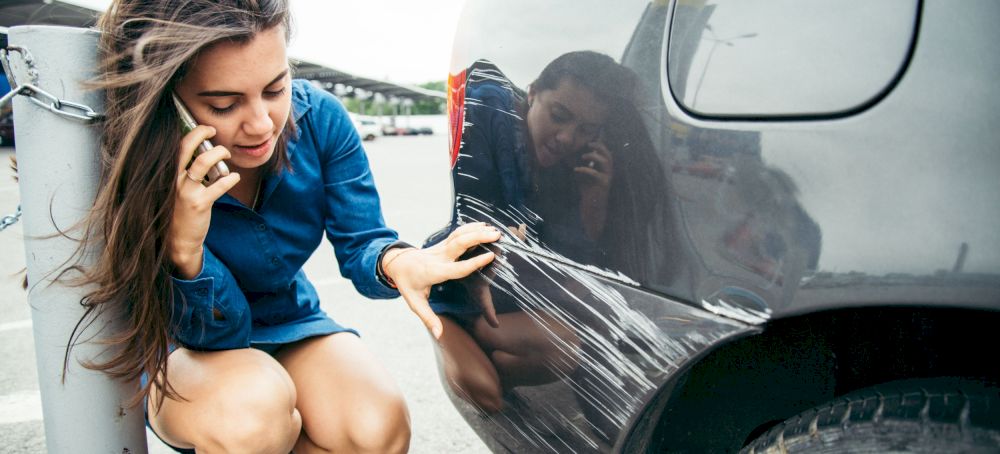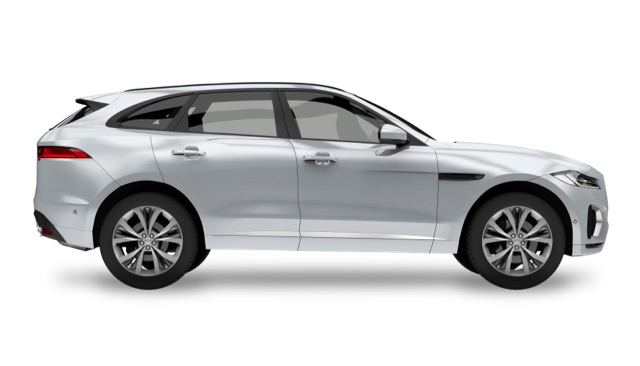- Online car hire since 2005
Insurance and excess
What happens if the car incurs damage?
Which insurance policies do you need? What happens if the car incurs damage? And what happens with the excess? You can read it all on this page. This means you can be sure you have everything properly organised for a worry-free car rental. Don't feel like thinking about this? Then check out our Worry-Free selection. These cars comply with the most important requirements.

Insurance included as standard
The standard insurance covering damage and theft offers good cover in the event of damage to or theft of your hire car. Make sure you are aware of the excess.
Collision Damage Waiver (CDW)
In the event of damage, the Collision Damage Waiver, the CDW insurance policy, covers most of the costs. This includes situations where you cause the damage or the car is written off, for example. Please note: you will often have to pay an excess. In addition, damage to tyres, windows, mirrors, the underside, roof, interior and keys are never covered.
Third Party Insurance (TPI)
Material damage to another car or physical injury to persons who are not sitting in your hire car is covered by Third Party Insurance. The cover provided by this is sufficient within the EU. It may be insufficient outside the EU. Check this with your rental company, and take out extra cover at the rental location if necessary.
Theft Protection (TP)
The cost of a stolen car is largely covered by Theft Protection. This only applies to the car itself, i.e. not to any property in the car. This is covered by your travel insurance, assuming that you have it, of course. Please note: Theft Protection also has an excess.
Excess: should you take out extra cover for this or not?
Regardless of how well your hire car is insured, you will often still have to pay an excess. The amount involved varies between rental companies. However, it is often much higher than the excess that applies to your car insurance in the UK. As such, it is a good idea to take out extra cover for the excess.
No excess cover

If the hire car incurs damage or is stolen, you must pay an excess. In addition, you must pay a large deposit in advance with a valid credit card in your own name.
- The excess is often high
- The deposit is high
- If the vehicle incurs damage, things can get very expensive
Excess cover

If you take out excess cover, you must still pay a deposit when collecting the car. If the car incurs damage, the rental company will charge this deposit to your credit card. We will then refund this amount.
- Cheaper than local insurance policies
- The full deposit is always returned to you
- You have to pay a deposit at the rental location
Zero excess

What happens if you choose a car with zero excess? In most cases, you will pay nothing at all. Sometimes you must still pay a deposit at the rental location, although this will be smaller. In the event of damage, this will be covered by the rental company.
- No deposit, or much smaller deposit
- Everything arranged, no hassle
- Higher rental cost
FAQs
You can read the most frequently asked questions and associated answers about insurance and excess below. Can't find an answer to your question? Then please contact us, we will be happy to help.
- Rental agreement
- Damage report from the car rental company
- Police report or a written statement from the police in the case of a one-sided accident
- Proof of payment and/or a copy of the credit card statement
The voucher you receive by e-mail after making a booking describes exactly what you must do in the event of damage or theft.

Where would you like to rent a car?
- 24000+ pick-up locations
- Free cancellation
- Independent comparator
Useful tips for a well-prepared trip
Which insurance should I choose, and what's the deal with the deposit? Read our articles with useful information and tips to ensure you choose the right rental car for you.